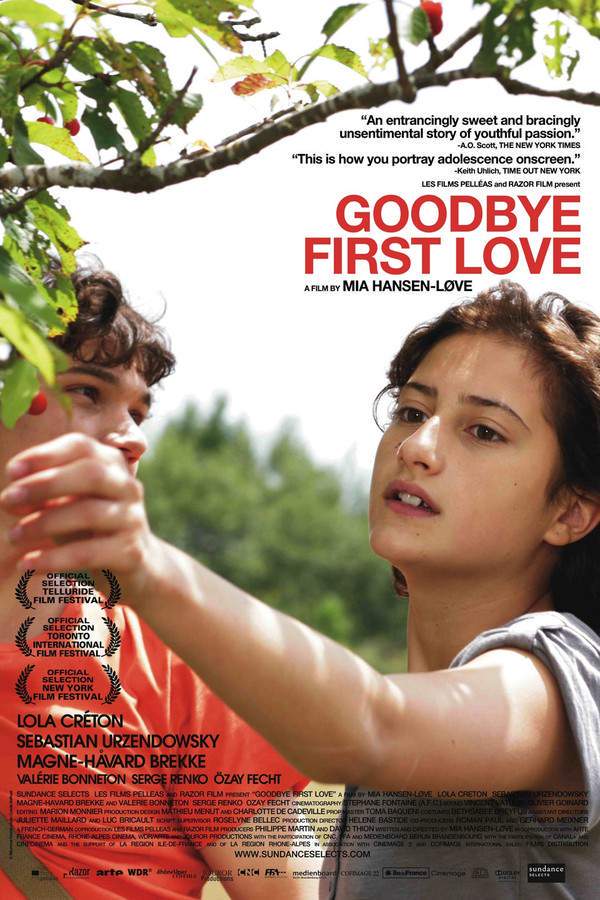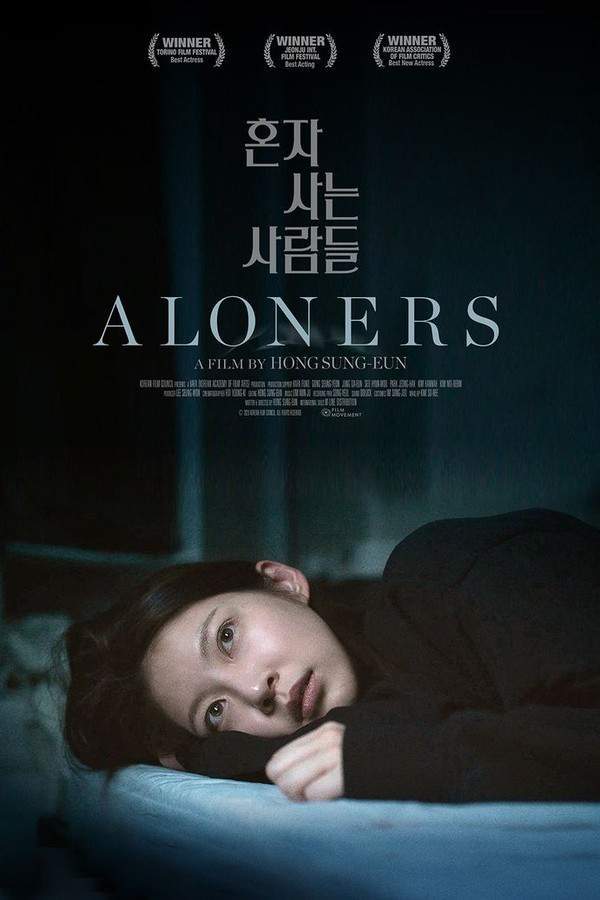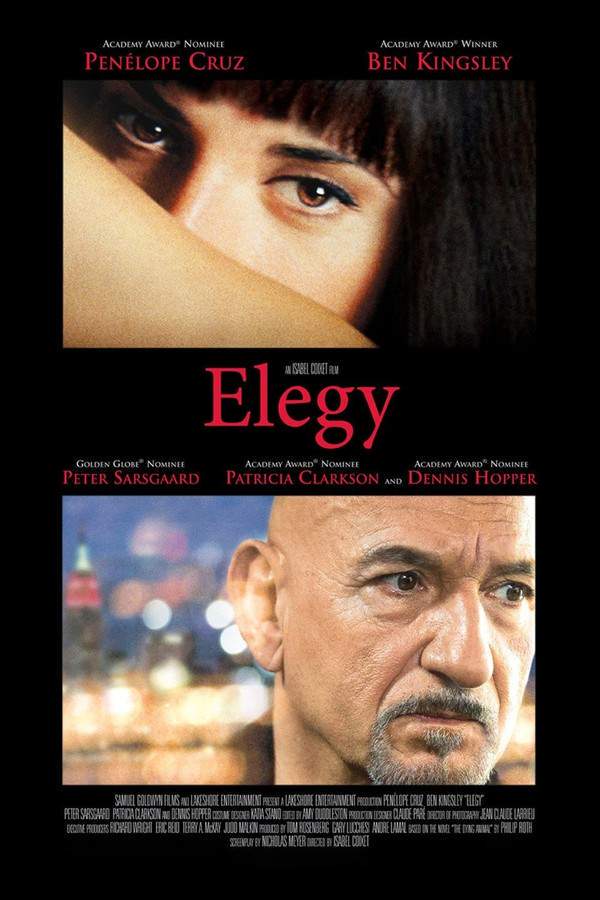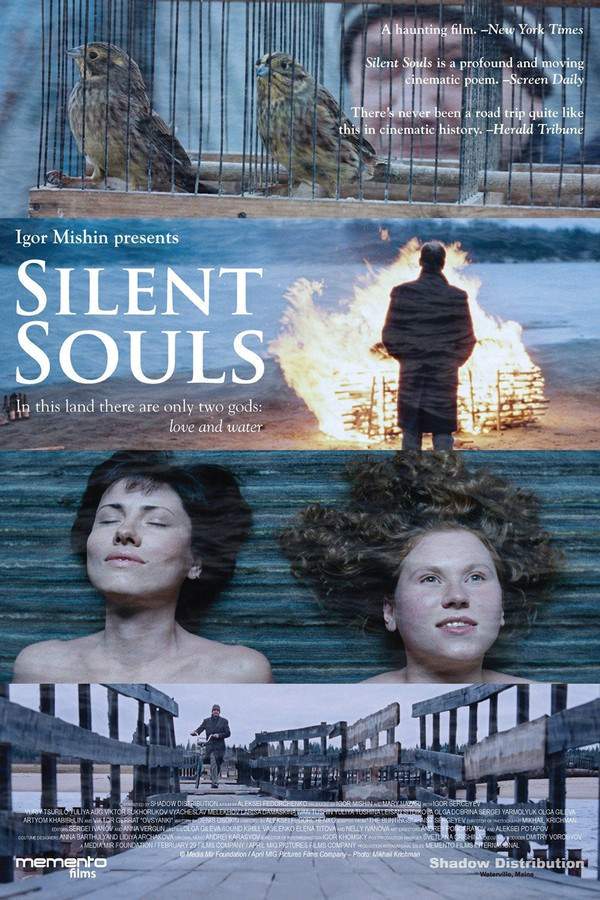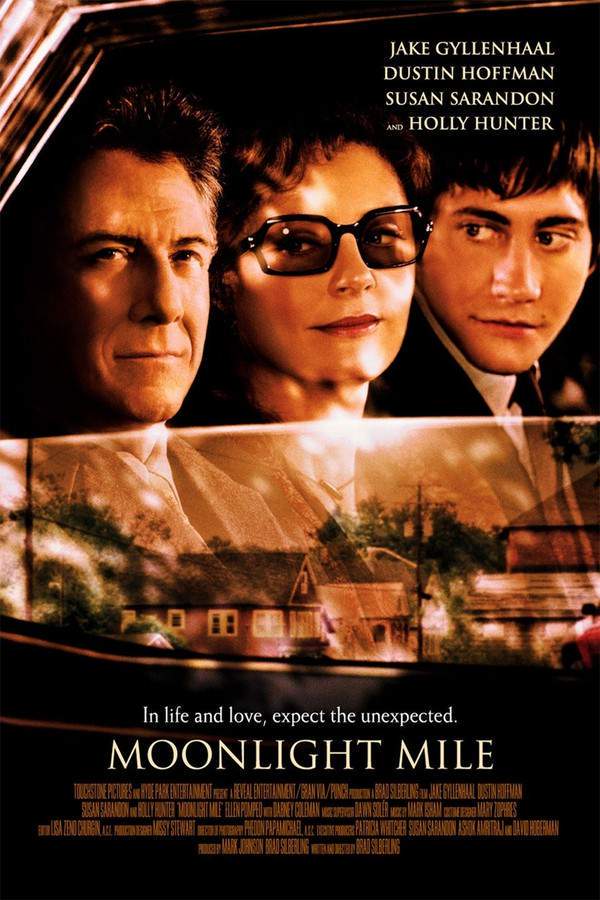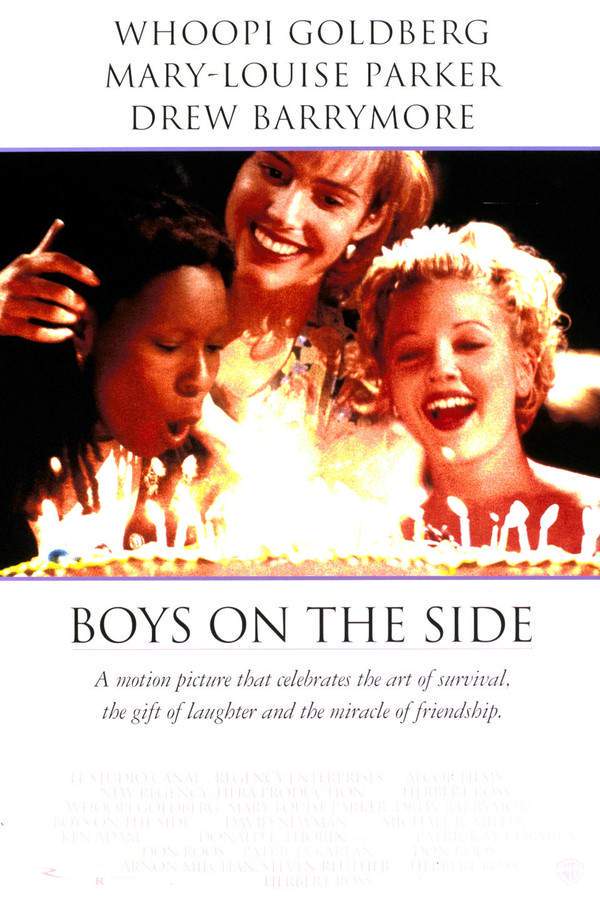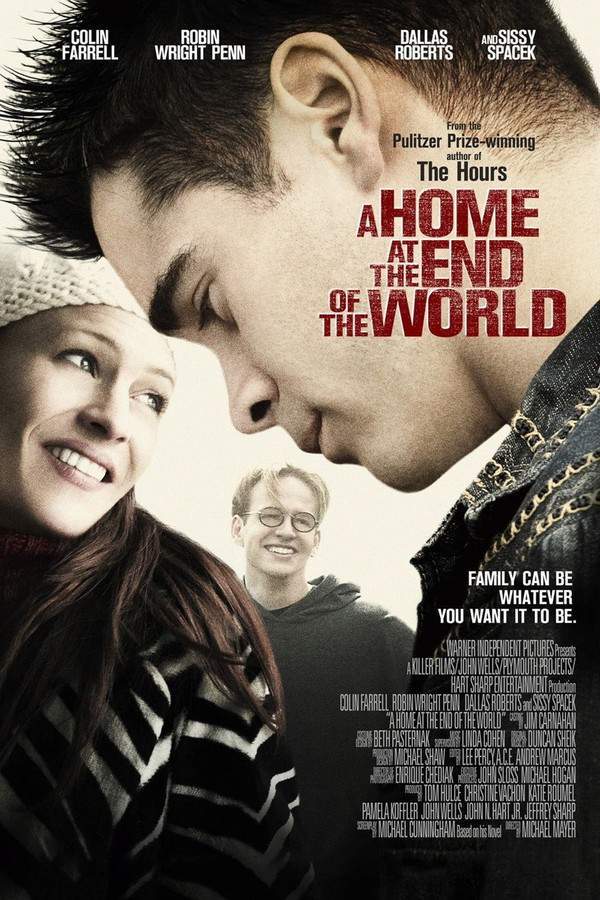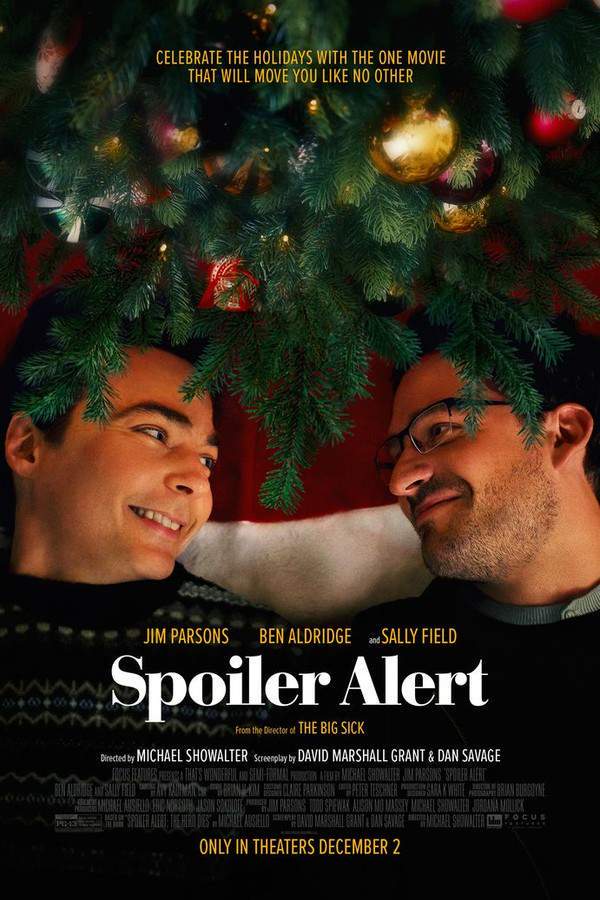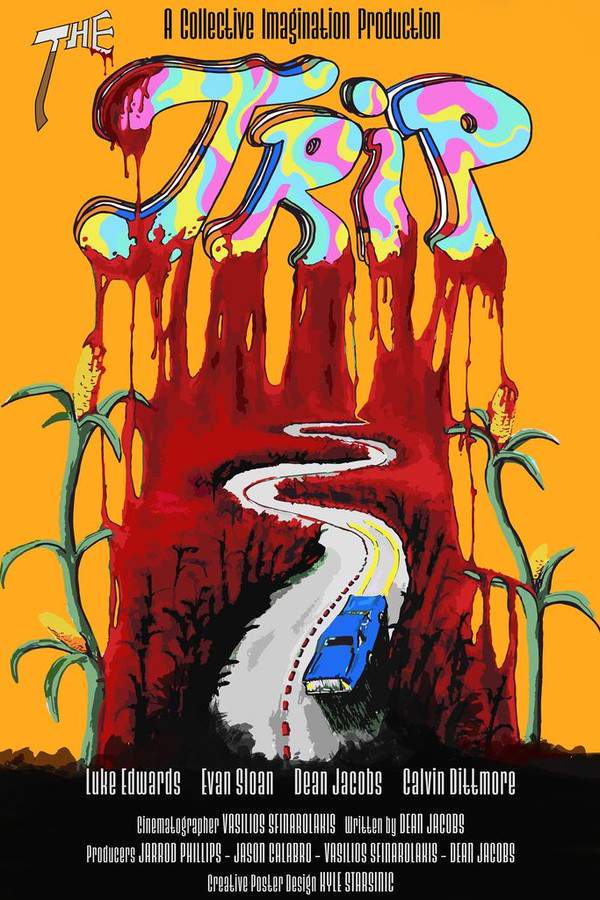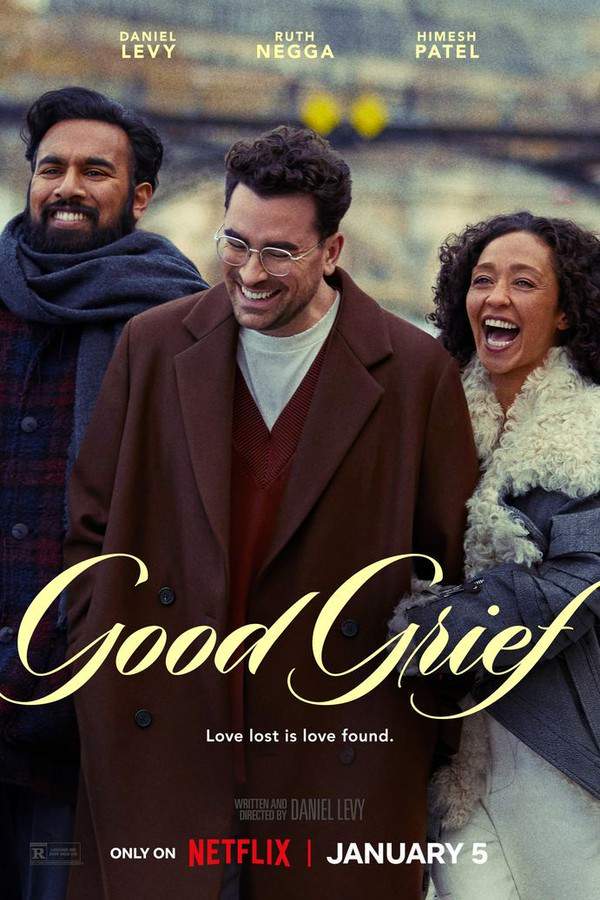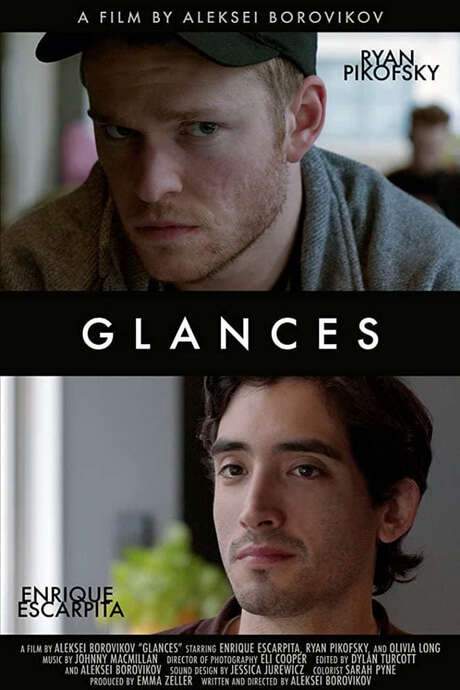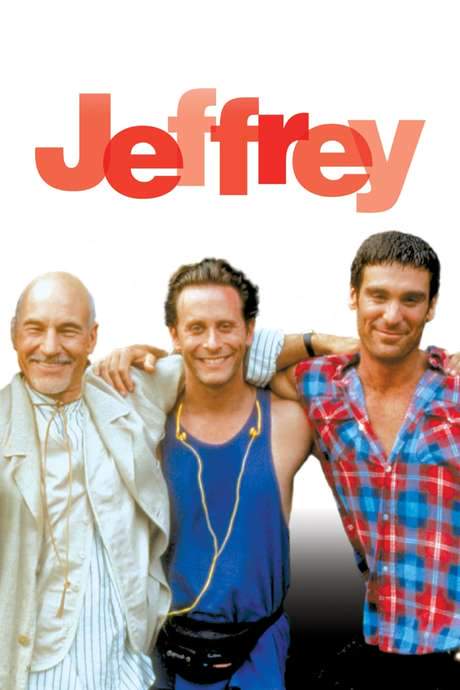
Parting Glances
Year: 1986
Runtime: 90 mins
Language: English
Director: Bill Sherwood
An intimate, low‑budget drama follows Michael and Robert, two gay men sharing a day in Brooklyn before Robert departs on a work assignment in Africa. As they reminisce, Michael wrestles with lingering feelings for his friend Nick, who is battling AIDS, confronting love, loss, and uncertainty.
Warning: spoilers below!
Haven’t seen Parting Glances yet? This summary contains major spoilers. Bookmark the page, watch the movie, and come back for the full breakdown. If you're ready, scroll on and relive the story!
Parting Glances (1986) – Full Plot Summary & Ending Explained
Read the complete plot breakdown of Parting Glances (1986), including all key story events, major twists, and the ending explained in detail. Discover what really happened—and what it all means.
Robert and Michael, a gay couple in their late twenties, live together in New York City, sharing a small apartment and a life built on routine, affection, and the quiet ache of impending distance. The opening sequences drift in near-silence as they wander the city streets and pad around their home, underscoring the tenderness and unspoken strain that mark their relationship. When Robert reveals he’ll be leaving for a two-year work assignment in Africa, Michael, a literary editor, remains behind, trying to anchor the moment with ordinary gestures even as the mood darkens with the reality of separation.
Michael heads to a neighborhood vinyl shop, where he forges a bright, flirtatious exchange with the young clerk, Peter. As Michael buys a record, their conversation glides between playful banter and genuine warmth. Peter’s invitation to meet up that night flirts with possibility, and their quick, curling dialogue hints at a connection that could complicate Michael’s already fragile balance between love and loyalty. Peter’s presence adds a spark to Michael’s world, a contrast to the steady, patient devotion he shares with Robert. After their exchange, Michael leaves the store and returns home to a still-life moment of domestic life, with Robert tending to his plants and the city humming around them.
The couple’s dynamic comes into sharper relief as they navigate a dinner party that doubles as a test of honesty. Robert’s boss, Cecil, and his wife, Betty, stage the social backdrop against which Michael’s emotions churn. The guests pick at old relationships and concealed truths, and the conversation gradually peels back the layers of secrecy that have shadowed them. Betty’s warmth and openness — shaped by her own past friendships with gay men — offers a glimmer of acceptance, while Cecil’s guarded, knowing humor reveals a more complicated history with men and a pattern of “cover” relationships that casts a pall over the room. Michael wrestles with the revelation that Cecil’s travels—and the choice to pursue a life that has tangibly excluded Betty from the full truth—may reflect a compromise he cannot accept. The night becomes less about a farewell and more about the weight of belonging and the price of staying true to oneself.
Meanwhile, Nick, Michael’s ex, lives surrounded by art, music, and a sense of fate that seems to shadow him. His apartment is a gallery of provocative pieces, a soundtrack of operatic voices, and a sense that he has lived through more than one life. As Michael and Nick… [Nick] is revealed to be HIV-positive, a fact that threads through the forthcoming conversations with Peter and the group with a new gravity. The tension between past loves and present commitments surfaces in intimate moments—Michael cooks for Nick, shares a playful yet loaded “arm-wrestling” moment, and senses the deep truth that his feelings for Nick have never fully faded. The two men speak across the space of memory and possibility, their mutual care complicated by fear, longing, and the fragility of Nick’s health.
The plot unfolds further at Joan’s going-away party, a gathering of friends and lovers, where the lines between friendship and romance blur in the glow of shared history. Peter arrives again, introducing himself to Terry as they navigate flirtations that echo earlier conversations and hint at the precariousness of new connections. The party becomes a thicket of desire, secrecy, and the unspoken question of whether love can survive the weight of change and death. The party’s warmth is tempered by the reality of Nick’s condition, and by the unspoken tension between Michael’s lingering love for Nick and his commitment to Robert.
In a tender, disorienting moment, Nick experiences a surreal vision of a knight and later encounters a hallucinatory whisper through a glass door: a ghostly figure repeats the word > repent, a stark symbol of judgment and fear that mirrors Nick’s own struggle with mortality. The moment deepens the sense that the characters are negotiating not only their relationships but also a broader moral landscape of care, desire, and the meaning of forgiveness.
Morning after the party, the fragile arrangement between Michael and Robert begins to crack. A forced, impulsive theft of house keys triggers a confrontation that exposes the strain of trying to sustain a bond when one partner faces a future that may be altered forever by Nick’s illness. Michael’s anger surfaces as he confronts the possibility of Nick’s death and the injustice of a world where bigotry and policy shape the lives of real people. Robert responds with a candid, hard-edged realism, blaming Nick’s illness on promiscuity and urging Michael to spend more time with Nick while there is still time. They share a last, lingering embrace before Robert heads to the airport, signaling another kind of separation—one sanctioned by circumstance rather than choice.
At the airport, a new thread is drawn into the fabric of the story when Cecil announces plans to travel with him to Sri Lanka, reshaping the future for the couple in unexpected ways. Michael, now alone with his thoughts, rides the train home and envisions Nick again, a reminder that memory and longing remain potent forces even as life presses forward. He returns to Nick’s apartment, and in a moment of shared vulnerability, the two men smash plates in a small act of rebellion against a world that seems at odds with their lives. They talk frankly about Nick’s diagnosis, the longed-for promise of a medical breakthrough, and the truth that Michael has loved Nick at least once in his life. The scene closes with Michael returning home to rest, while Nick’s life continues to drift toward an uncertain horizon on the water.
Betty reaches out with a call about Cecil’s surprising turn of events and invites Michael to celebrate in a different setting, a club called Area. The suggestion signals a pivot back toward social life and the stubborn hope that joy can still be found even in the shadow of illness and departure. Meanwhile, Nick reaches out from the margins of his own world, saying goodbye in his own final way, a quiet, poignant farewell that presses Michael to choose between a future that includes a shared dream with Nick and a life that continues with Robert. The two men arrange a dramatic turn of events—the rescue mission of Fire Island—where Michael travels by seaplane to meet Nick in a moment of halted time and urgent decision.
On Fire Island, their reunion becomes a crucible for the questions that have animated the entire film: how to love, how to care, and how to imagine a life together when illness, distance, and societal pressures weigh heavily on every choice. They argue about the direction of nations and the possibility of travel, punctuated by memories of earlier days spent in safer, simpler places. As they stand on the sand, the past and present blur, and Michael recalls the different forms of love he has known, while Nick lingers on the boundary between vulnerability and defiance. Their shared argument yields to a rekindling of closeness, a recognition that their bond remains a powerful force even as the world around them continues to shift.
The film closes on the island with a quiet sense of unresolved longing and enduring affection. Nick’s presence lingers in the air as a catalyst for Michael’s understanding of what it means to love someone who is fighting for breath and life. In a final, reflective note, the couple’s intertwined fates emphasize the themes of acceptance, fidelity, and the uncertain but hopeful possibility of a life built together despite the odds. The story remains a nuanced meditation on love’s resilience, the fragility of health, and the human need to connect—in a city that never stops listening, even when the city seems to forget.
repent
Last Updated: October 09, 2025 at 14:21
Explore Movie Threads
Discover curated groups of movies connected by mood, themes, and story style. Browse collections built around emotion, atmosphere, and narrative focus to easily find films that match what you feel like watching right now.
Urban intimacy and melancholy farewells like in Parting Glances
Quiet films about love, loss, and impending separation in a city setting.Movies like Parting Glances that capture quiet, intimate dramas set against the backdrop of city life. These films explore bittersweet farewells and strained relationships with a tender, melancholic tone, perfect for viewers seeking similar emotionally resonant stories.
Narrative Summary
The narrative pattern in these films often revolves around a finite period of time, such as a day or a weekend, where characters confront an impending separation. The story is built through quiet conversations, shared memories, and unspoken tensions, leading to a conclusion that acknowledges loss without absolute despair.
Why These Movies?
Movies are grouped here for their shared focus on intimate relationships under strain, a melancholic and reflective tone, and the use of an urban setting as a character in itself. They offer a similar viewing experience of quiet emotional weight and realistic, tender human drama.
Bittersweet queer romance confronting hardship like in Parting Glances
Stories of LGBTQ+ love tested by illness, stigma, or societal pressures.If you liked Parting Glances, explore more movies about gay relationships tested by serious challenges like illness or social stigma. These films share a heavy emotional weight and a bittersweet tone, portraying love and resilience against difficult odds.
Narrative Summary
These narratives typically follow a central romantic relationship that is severely tested by an external crisis, such as a health diagnosis or societal prejudice. The journey explores themes of fidelity, care, mortality, and the meaning of love under pressure, culminating in an ending that balances sorrow with a glimmer of enduring connection.
Why These Movies?
These films are united by their specific focus on queer love stories grappling with heavy, real-world issues. They share a similar emotional palette of poignancy and bittersweetness, a character-driven approach, and a commitment to portraying the complexities of love and identity with authenticity.
Unlock the Full Story of Parting Glances
Don't stop at just watching — explore Parting Glances in full detail. From the complete plot summary and scene-by-scene timeline to character breakdowns, thematic analysis, and a deep dive into the ending — every page helps you truly understand what Parting Glances is all about. Plus, discover what's next after the movie.
Parting Glances Timeline
Track the full timeline of Parting Glances with every major event arranged chronologically. Perfect for decoding non-linear storytelling, flashbacks, or parallel narratives with a clear scene-by-scene breakdown.

Characters, Settings & Themes in Parting Glances
Discover the characters, locations, and core themes that shape Parting Glances. Get insights into symbolic elements, setting significance, and deeper narrative meaning — ideal for thematic analysis and movie breakdowns.

Parting Glances Spoiler-Free Summary
Get a quick, spoiler-free overview of Parting Glances that covers the main plot points and key details without revealing any major twists or spoilers. Perfect for those who want to know what to expect before diving in.

More About Parting Glances
Visit What's After the Movie to explore more about Parting Glances: box office results, cast and crew info, production details, post-credit scenes, and external links — all in one place for movie fans and researchers.

Similar Movies to Parting Glances
Discover movies like Parting Glances that share similar genres, themes, and storytelling elements. Whether you’re drawn to the atmosphere, character arcs, or plot structure, these curated recommendations will help you explore more films you’ll love.
Explore More About Movie Parting Glances
Parting Glances (1986) Scene-by-Scene Movie Timeline
Parting Glances (1986) Movie Characters, Themes & Settings
Parting Glances (1986) Spoiler-Free Summary & Key Flow
Movies Like Parting Glances – Similar Titles You’ll Enjoy
Beside Still Waters (2014) Film Overview & Timeline
Good Grief (2023) Movie Recap & Themes
Morning After (2017) Detailed Story Recap
Between Here & Now (2018) Ending Explained & Film Insights
Michael Joseph Jason John (2018) Plot Summary & Ending Explained
29th and Gay (2005) Story Summary & Characters
No Rest for the Brave (2003) Full Movie Breakdown
Getting It (2020) Plot Summary & Ending Explained
Glances (2020) Story Summary & Characters
Incomplete (2023) Detailed Story Recap
Jeffrey (1995) Detailed Story Recap
David Searching (1997) Spoiler-Packed Plot Recap
Miles from Nowhere (2022) Story Summary & Characters
Some of My Best Friends Are… (1971) Full Movie Breakdown
Sex Love Venice (2024) Plot Summary & Ending Explained





